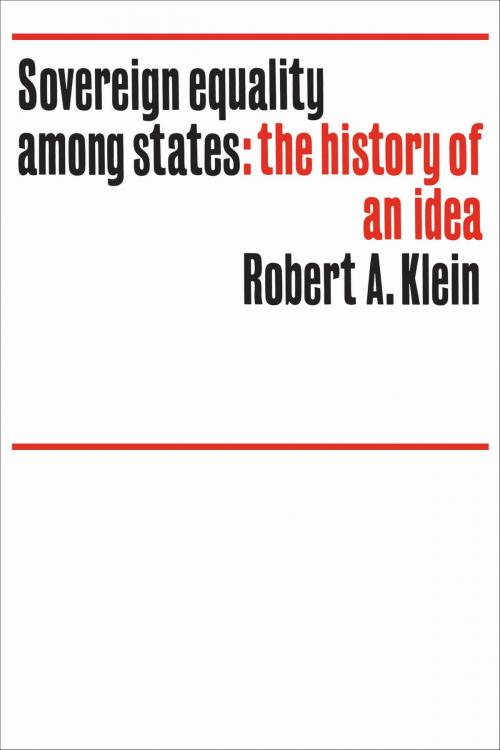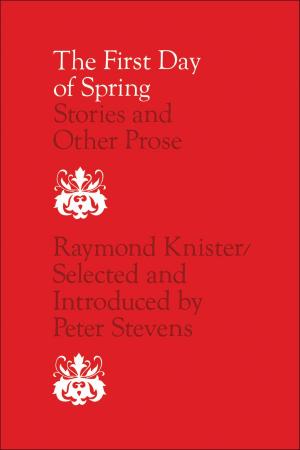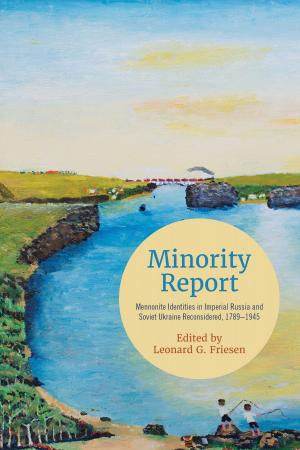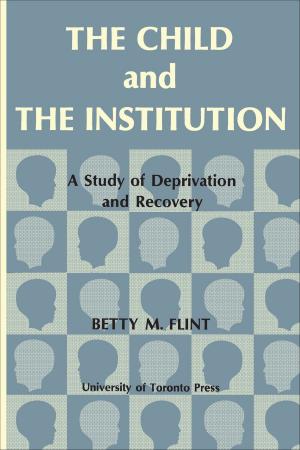Sovereign equality among states
The history of an idea
Nonfiction, Social & Cultural Studies, Political Science, International, International Relations, Politics, History & Theory, History| Author: | Robert Klein | ISBN: | 9781487590963 |
| Publisher: | University of Toronto Press, Scholarly Publishing Division | Publication: | December 15, 1974 |
| Imprint: | Language: | English |
| Author: | Robert Klein |
| ISBN: | 9781487590963 |
| Publisher: | University of Toronto Press, Scholarly Publishing Division |
| Publication: | December 15, 1974 |
| Imprint: | |
| Language: | English |
Uncritical adherence to the concept of sovereign equality is a major stumbling block to the reorganization of the world community. This study is the first place to trace the origins of the wording of the concept as it appears in the UN charter, as well as its historical antecedents and philosophical foundations. Two contradictory ways of viewing sovereign states and maintaining order among them are discussed. According to one, states are abstract entities with a fictitious personality; according to this view, international affairs must be based on the concept of great-power primacy. The opposite view, brought to world attention at the Hague Peace Conference of 1907, endows states with human personalities and transfers to them the political principle of individual equality. The book develops the tension between the real world of international politics and the abstract world where opposing concepts abide.
Uncritical adherence to the concept of sovereign equality is a major stumbling block to the reorganization of the world community. This study is the first place to trace the origins of the wording of the concept as it appears in the UN charter, as well as its historical antecedents and philosophical foundations. Two contradictory ways of viewing sovereign states and maintaining order among them are discussed. According to one, states are abstract entities with a fictitious personality; according to this view, international affairs must be based on the concept of great-power primacy. The opposite view, brought to world attention at the Hague Peace Conference of 1907, endows states with human personalities and transfers to them the political principle of individual equality. The book develops the tension between the real world of international politics and the abstract world where opposing concepts abide.















